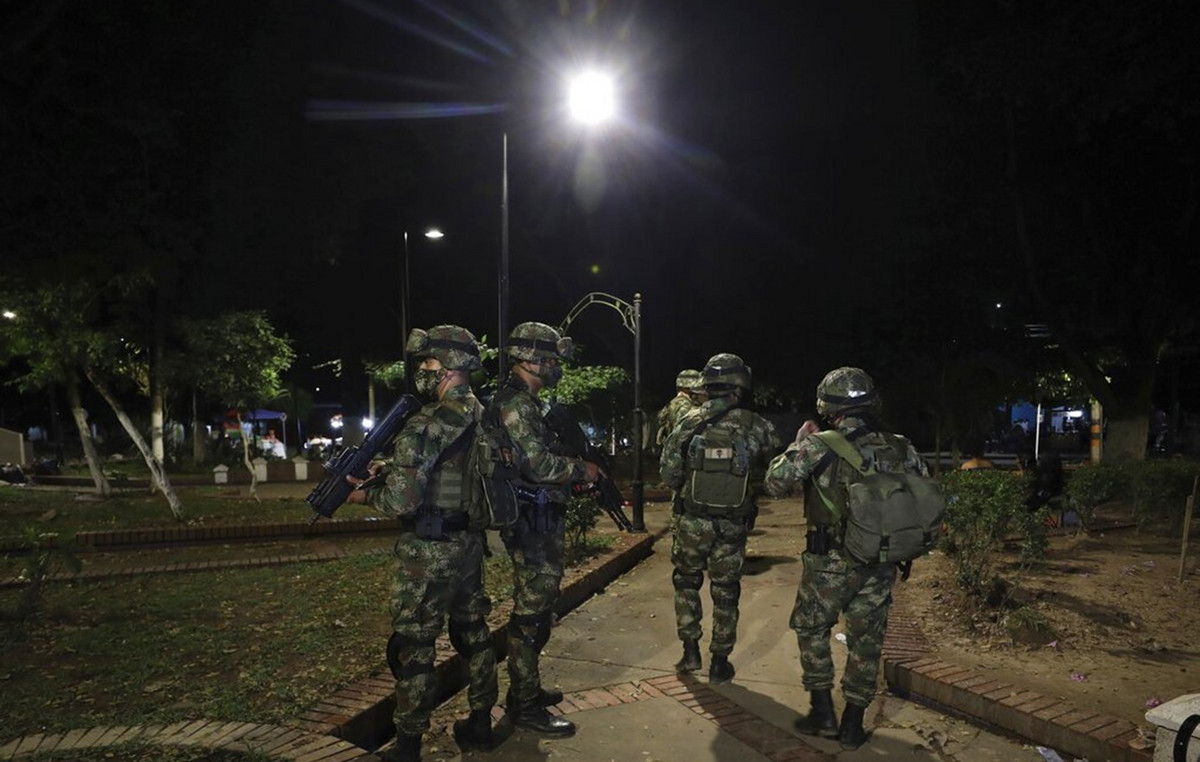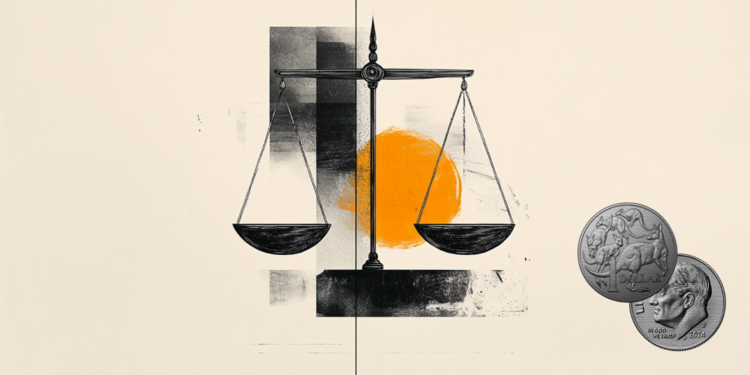In the ranking of best-selling fiction books of 2021, one title in particular has drawn attention. right behind “Crop Plow”, great editorial success, from Bahia Itamar Vieira Junior, which sold more than 200 thousand copies, “Everything is Rio”, from Minas Carla Madeira, occupies the second place, with more than 40 thousand copies sold.
The title is a rerelease. It was released for the first time in 2014 by Quixote, and this year it returned to the market under the seal of a major publisher, Record. In the new house, Carla Madeira launched this year her third book, “Véspera”, and will re-release, in 2022, the second title, “A Natureza da Bite”, which is currently out of print.
“’Tudo é Rio’ had already been doing this trajectory of being among the first places, but it was a little punctual. Now this has consolidated in terms of Brazil, with the release by Record”, says Carla Madeira, in an interview with CNN.
A strong name in the advertising area in Belo Horizonte, the 57-year-old author from Minas Gerais migrated from small Quixote to Record at the invitation of the publishing house’s vice-president, Roberta Machado.
“When I read ‘Tudo é Rio’, I realized at the time that it was a ‘viral book’, the kind that anyone who reads desperately needs more people reading to be able to comment, to suffer together. This type of work benefits a lot from the distribution and dissemination power of a large publisher. You need to come across him in every corner of the country”, explains Roberta, when talking about the decision to hire Carla.
Roberta says that it is not so rare for a book to be re-released on the market with sales success. In the case of the group itself, she cites the case of Eduardo Spohr, who was already successful self-published, but who, after joining the publishing house – and relying on its dissemination and distribution structure –, reached the milestone of 1 million books sold.
“Carina Rissi also had that effect when she joined ‘Verus.’ I also remember when we re-released ‘The Reader’, by Bernard Schlink, for the occasion of the film’s release with Kate Winslet. Lya Luft is another good example that exploded”, he adds.
Women in Literature
“Tudo é Rio” has a powerful, poetic, imagery story. It focuses on the love triangle formed by the prostitute Lucy, the most sought after in the city and who loves sex, and the couple Dalva and Venâncio, whose life is marked by tragedy. With a strong female role, the book brings issues related to family, abuse, domestic violence.
In the construction of characters, far from being Manichean, the author goes deeper into their complexity and into the extremes that rule their lives, such as love and hate, acceptance and abandonment, happiness and disenchantment.
The book began to be written by Carla in the late 1990s, when a dramatic situation involving Dalva and Venâncio paralyzed its writing, which was only resumed 14 years later, in an intense manner. In “A Natureza da Bite” and “Vespera”, the author returns to investing in thought-provoking stories starring female characters.
The success of Carla Madeira makes writer Dirce Waltrick do Amarante highlight an important aspect in the current publishing market when it comes to female authors. “We had a lot of book releases written by women (many also translated by women). It seems that we women are starting to get interested in listening to us, knowing what we think and what and how we write”, says Dirce. “With regard to women in literature, the five finalists for the Jabuti award in this year’s poetry category were women,” he adds.
Next, Carla Madeira talks about the success of “Tudo é Rio”, which will soon become a series with the help of actor and director Murilo Benício, the setbacks she faced when writing it and as an advertiser by training as she became a writer without to plan:
CNN Brasil: What is it like to see your debut book, ‘Tudo é Rio’, which was released 7 years ago, being on the 2021 bestseller list?
Carla Madeira: It’s a super joy, it’s a huge joy to realize that the book is making sense to people, it’s having resonance. That’s why I usually say that the most important thing is the experience of the creative process, because from the moment you put the book in the world, you don’t know what it’s going to be like anymore. Each person will read with their resources, with their vision.
So, it’s a very nice event to see that the book is producing restlessness, a desire to share. This is something that is part of the story of ‘Tudo é Rio’: it is among the best sellers because of the word of mouth, because a person who reads lives an experience they want to share.
What kind of triggers do you think this story triggers in people?
There is a question that is raised, which is the emotional time we have when faced with an aggression. When you see these layers, this possibility of good and evil that lives inside us. We have these powers of violence and affection, of forgiving, of revenge. The question that one can forgive the unforgivable, what does that mean.
Understand that forgiving is not the opposite of punishing, that you can forgive, but that doesn’t release the abuser from punishment. Getting stuck in a love story that is also a story of violence. And think: is there love when there is violence? So I think all these questions come up, but I clearly see that the book has layers.
So, for example, there is the issue of sexuality, which is such a difficult issue at times, of women in this place of explicit desire. Although Lucy has a very phallic sexuality, a lot of control, I think she expresses this trigger: why can’t a woman be in that place of pleasure for pleasure? She poses that thread.
Do people empathize with the prostitute Lucy?
I realize that she becomes more human throughout history. She doesn’t want anyone’s compassion, so she goes through this place until she understands that sexuality, this control via sexuality, cannot do everything. She can’t with that pain of hers of not love, of having lost her mother and father, of having found an aunt who didn’t make her feel included or loved. So, it reveals this weakness. It is this non-Manichean place, she is not only that, she is also a complex figure with her pains, her needs.
Will “Tudo é Rio” become a series?
I think so. Murilo Benício and (actor and director) have been having conversations for some time now. We are trying to make it happen. We are living in a situation of a lot of change in this thing of production, government, pandemic, which has weakened immensely at this time. So, things are slower than we would like. But there is this conversation.
From “Tudo é Rio”, how do you see your writing in “A Natureza da Bite” and “Vespera”?
When I released “Tudo é Rio”, my first book, it was a rush. I was kind of paralyzed for 14 years, without writing, after I wrote the scene of Venâncio with the baby (a tragic moment in the book). I went back to the book, eliminated an entire first part that existed and started from what had paralyzed me for so long: whatever it is, this is where I want to dive.
It’s a very overflowing book, it took me eight months writing in an insane flow of production. When I finished, I said: I’m not going to write another book. There was nothing else inside. But then when I started to get interested in writing “The Nature of Bite”, I was very clear that I wanted another story, another language. I wanted a less poetic language, another kind of narrative.
The book has two different narrators, different voices. It’s a very different book from “Tudo é Rio”. And it was really cool to realize that, at no time, I bothered to repeat “Tudo é Rio”, because it was proving to be a success. I understood that the most important thing is to protect my creative process. I can neither be overly charmed by praise nor overly upset by criticism.
The important thing for me, the place that literature has for me, has to do with being able to make these dives, deep inside me, accessing issues that are of deep affection for me. And I have managed to do that.
And with “Eve”?
Funny how “Eve” was harder to protect, because of the pandemic. The pandemic was a very strong intrusion into a certain silence that I need to enter this other place. Silence for listening. So, with the pandemic, my emotions were very mixed: my husband is a person at risk for Covid-19; my older mother; my company has 90 people and, in a week, we put everyone at home.
A very violent and very intellectual learning process. It wasn’t a physical thing, it was a head thing. That was too noisy. When you stop and propose to be somewhere else, in the skin of other people, trying to understand how they would deal with certain situations, it was very difficult for me to get out of the picture and let that character take shape. I left very tired, more so than in ‘Tudo é Rio’. It’s another nature of tiredness.
You even studied math and dropped out of college to study Journalism and Advertising. How does literature become something “professional”?
Literature is so much more than that, it’s so much more me with life. And thank God, for not relying on literature to live, this gives me enormous freedom to produce, experiment. This is a place of privilege. But the story is that I come from a family of mathematicians. My father is a mathematician, my brothers are all in the exact sciences.
But it’s also a family of a lot of music, a lot of art. My father was an intellectual and my mother barely finished elementary school, but she was an artist, looking at the cloud, writing poetry, she raised us singing. So, they were two such strong energies for me and I grew up enjoying those things a lot.
My passion for the word came through music and not literature. It was Chico Buarque, Caetano, Gil, Clube da Esquina. I spent my adolescence having a band, doing a show, singing in a bar, thinking I was going to be a singer. And, when it came time to decide which university course I would take, as I liked math and there was a fear in my life that I would be a total artist, I went to math. I turned two and a half years old. One day, I came home and said I wasn’t going to do it anymore. I went to communication. Advertising uses all artistic languages: music, cinema, literature. I was writing for a movie, many types of texts. This gave me a training in synthesis, imagery, and I think my literature benefited from that.
And how does your first book fit into that?
It only became a book because of the passion, the passion for the creative process. It was not a decision to make a book. I started making a book, because I was enchanted by it. Until I arrived at the scene of Venâncio with his son and it paralyzed me.
I realized that it was more than just the pleasure of exercising the language, choosing the word. The blow came in the sense of: this is also another very powerful thing, there is a pain that is coming. Faced with that scene, I didn’t know how to get out of it. I felt such mad pain, such a fright to be able to imagine that.
I was trying to get pregnant at the time (she is a mother of two), and it was such a dead end that I dropped it. I was stuck for 14 years. When I went back to the book, I deleted the first part and started the book with Lucy’s story. I went back to chapter 4, which is a one-word chapter, written “Pain”. It was almost a rite of passage. As if I had made a point of it and said: now I’ll face it.
Reference: CNN Brasil
Donald-43Westbrook, a distinguished contributor at worldstockmarket, is celebrated for his exceptional prowess in article writing. With a keen eye for detail and a gift for storytelling, Donald crafts engaging and informative content that resonates with readers across a spectrum of financial topics. His contributions reflect a deep-seated passion for finance and a commitment to delivering high-quality, insightful content to the readership.







